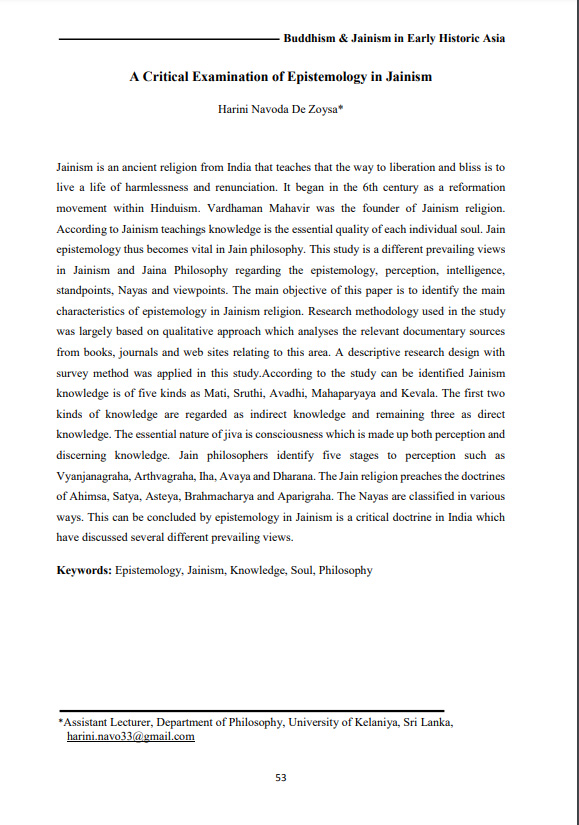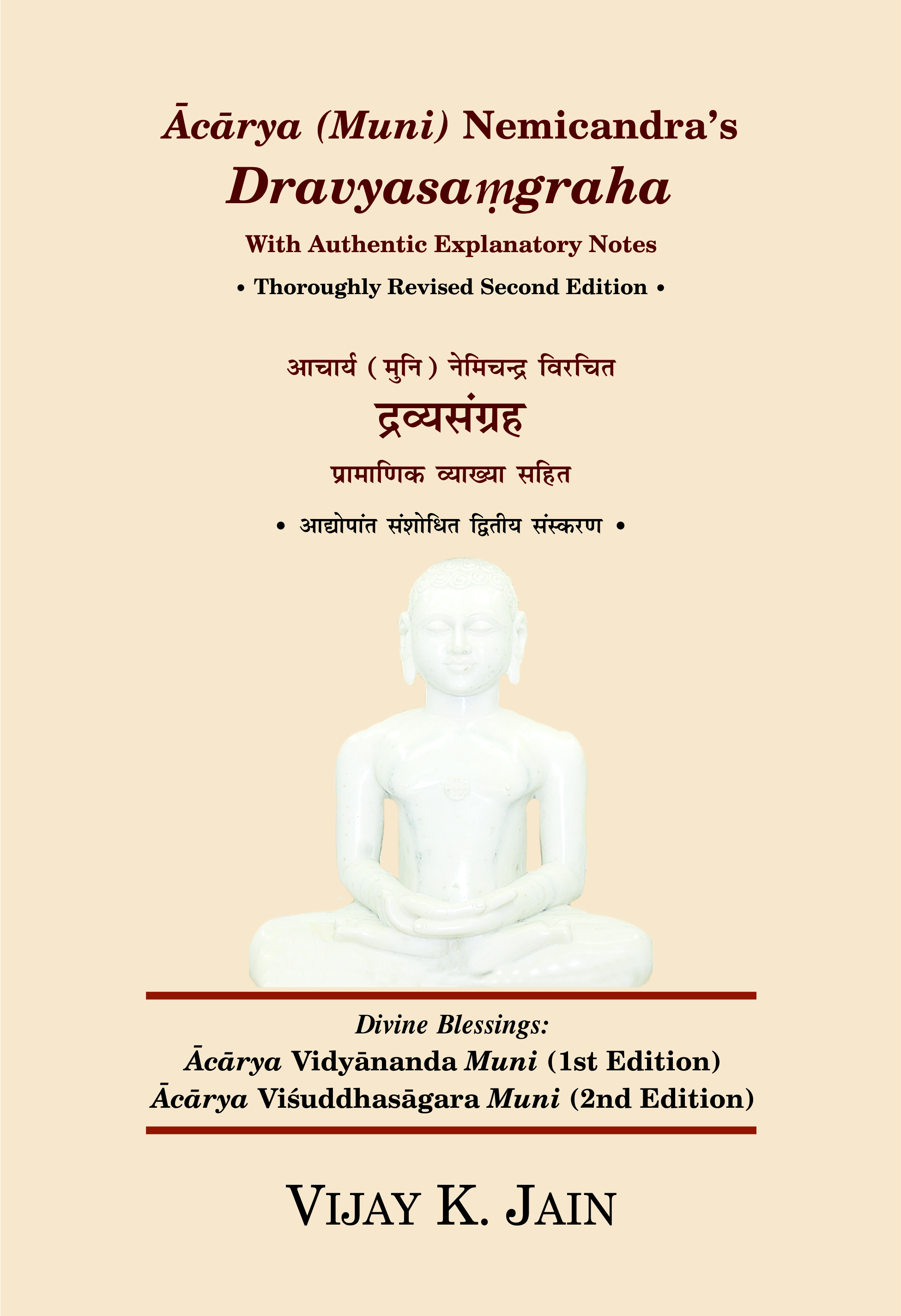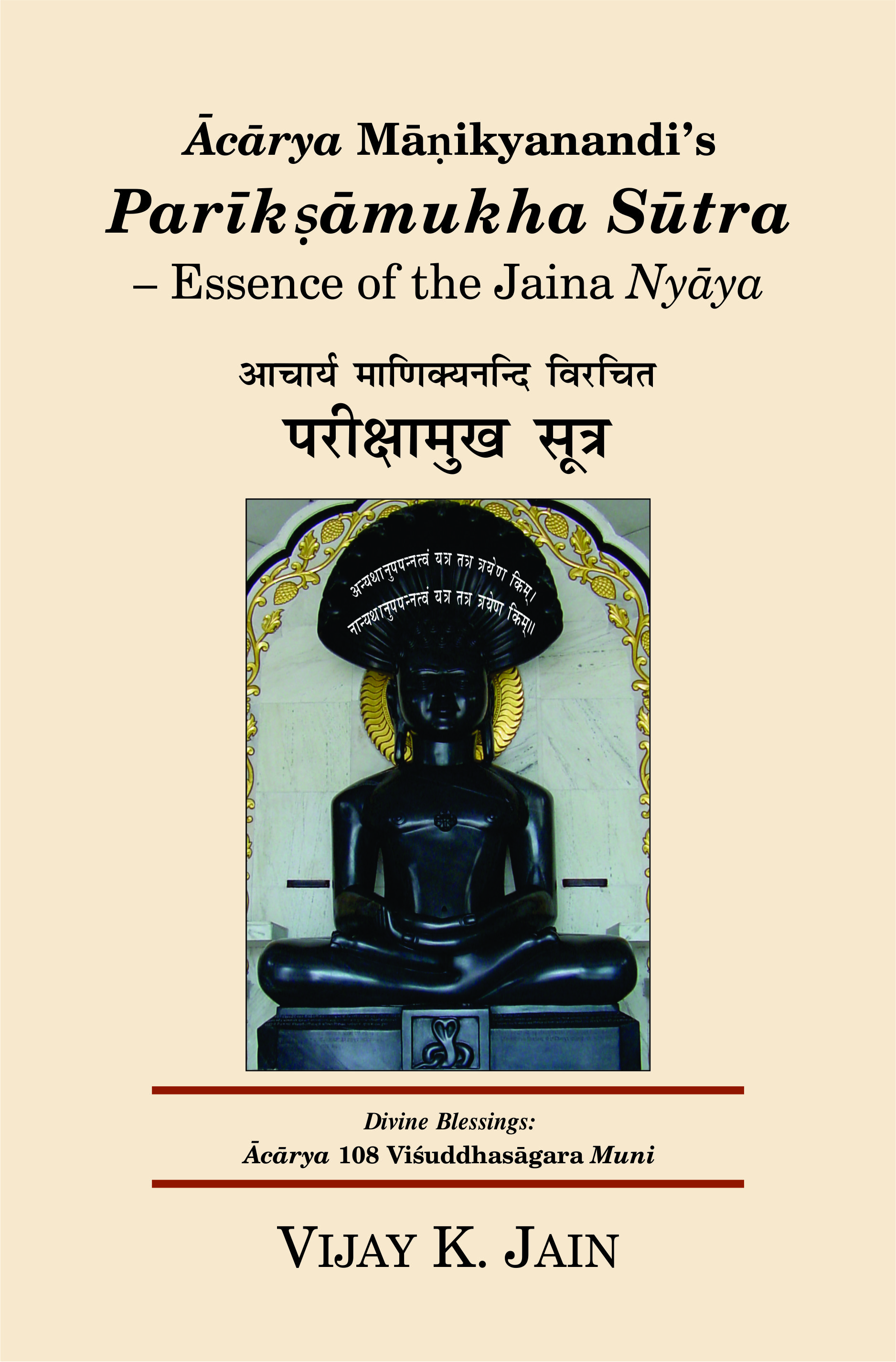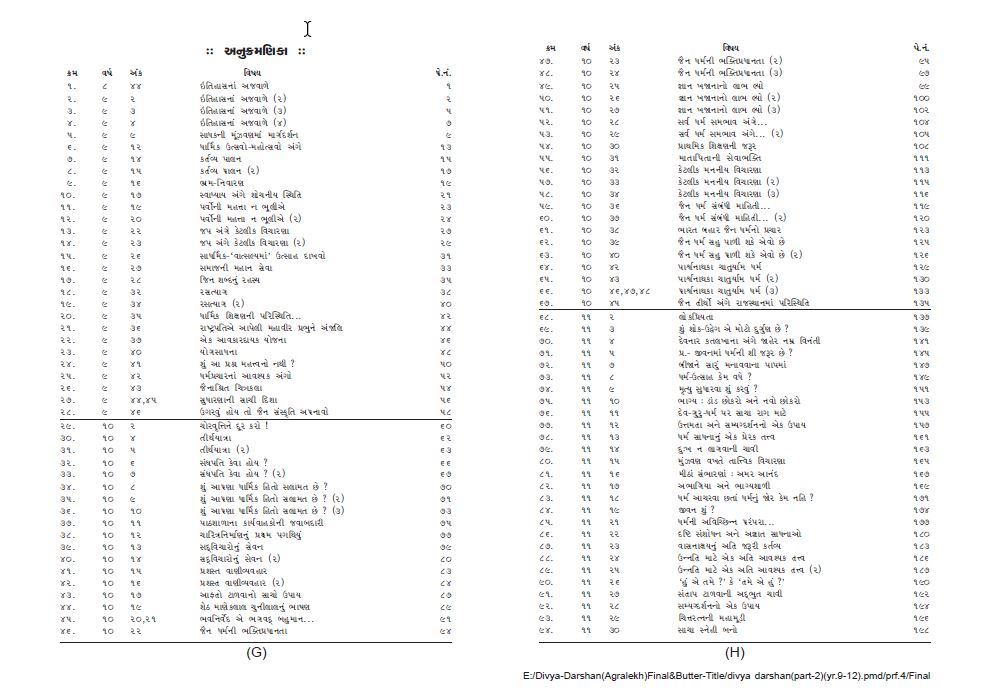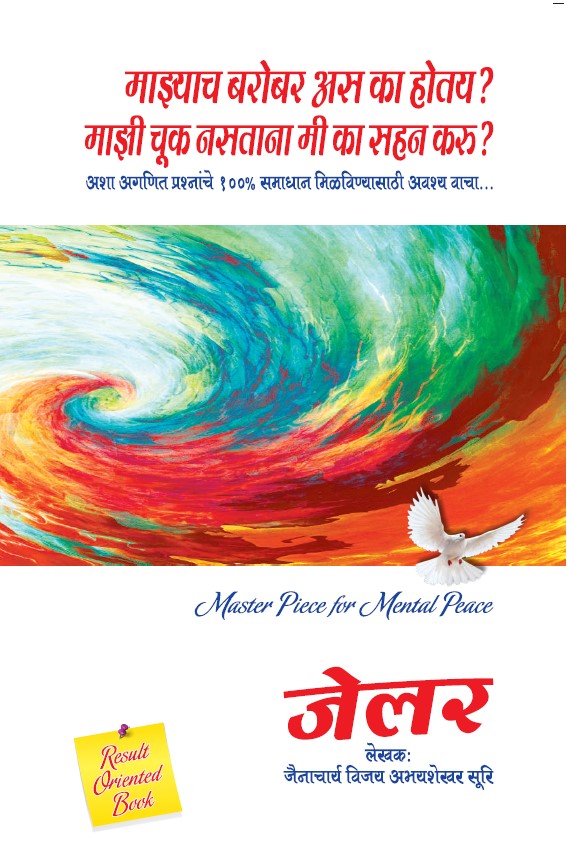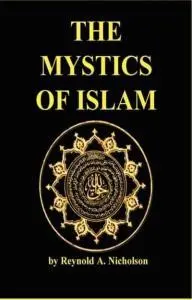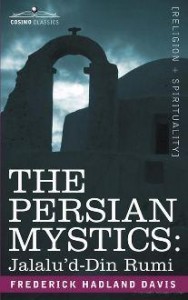A Critical Examination of Epistemology in Jainism
(0 Reviews)
Jainism is an ancient religion from India that teaches that the way to liberation and bliss is to live a life of harmlessness and renunciation. It began in the 6th century as a reformation movement within Hinduism. Vardhaman Mahavir was the founder of Jainism religion. According to Jainism teachings knowledge is the essential quality of each individual soul. Jain epistemology thus becomes vital in Jain philosophy. This study is a different prevailing views in Jainism and Jaina Philosophy regarding the epistemology, perception, intelligence, standpoints, Nayas and viewpoints. The main objective of this paper is to identify the main characteristics of epistemology in Jainism religion. Research methodology used in the study was largely based on qualitative approach which analyses the relevant documentary sources from books, journals and web sites relating to this area. A descriptive research design with survey method was applied in this study.According to the study can be identified Jainism knowledge is of five kinds as Mati, Sruthi, Avadhi, Mahaparyaya and Kevala. The first two kinds of knowledge are regarded as indirect knowledge and remaining three as direct knowledge. The essential nature of jiva is consciousness which is made up both perception and discerning knowledge. Jain philosophers identify five stages to perception such as Vyanjanagraha, Arthvagraha, Iha, Avaya and Dharana. The Jain religion preaches the doctrines of Ahimsa, Satya, Asteya, Brahmacharya and Aparigraha. The Nayas are classified in various ways. This can be concluded by epistemology in Jainism is a critical doctrine in India which have discussed several different prevailing views.
Language title : A Critical Examination of Epistemology in Jainism
Author : H. D. Zoysa
Publisher : Published 2017
Category : Articles
Sub Category : Philosophy
Advertisement



